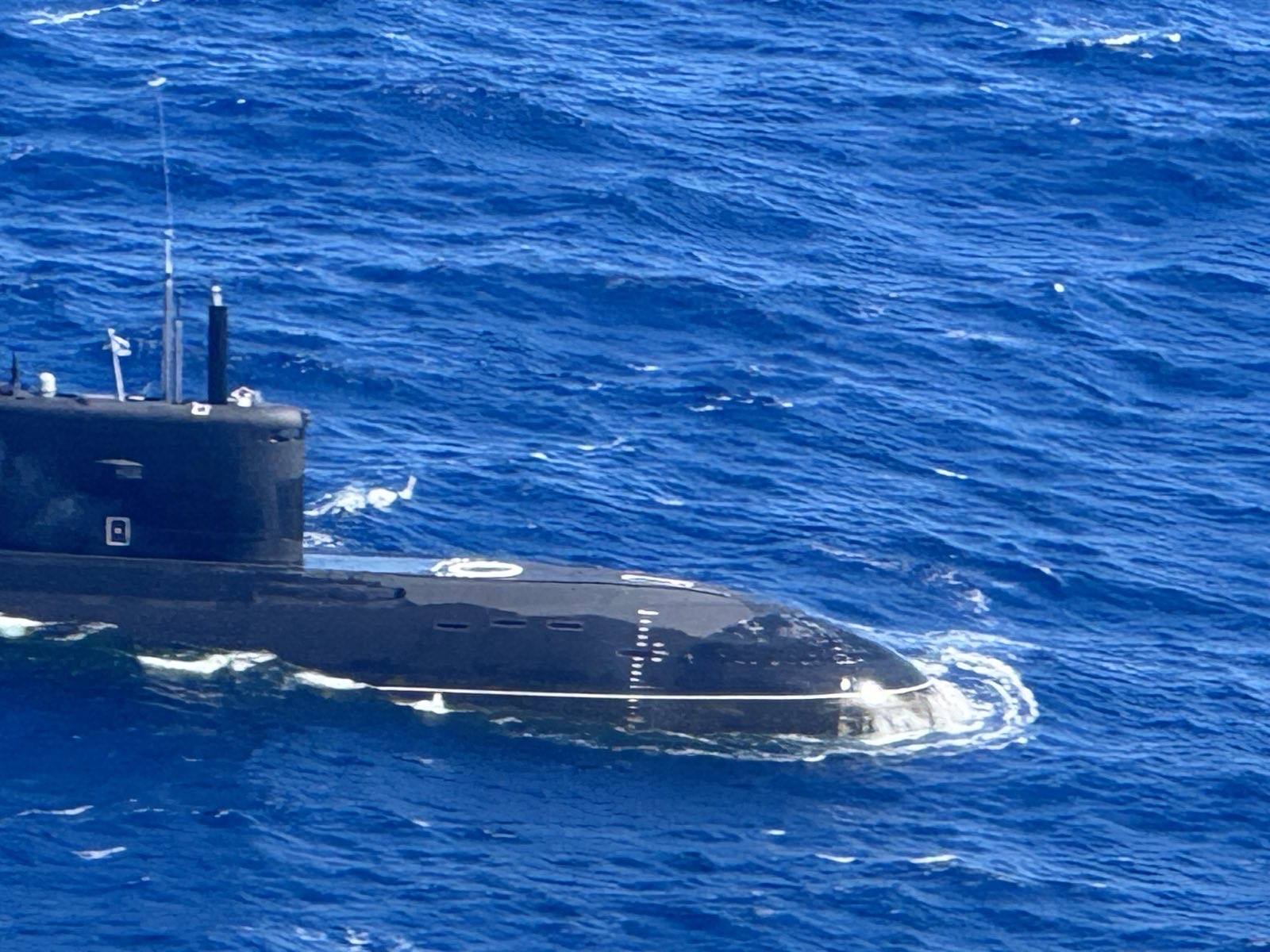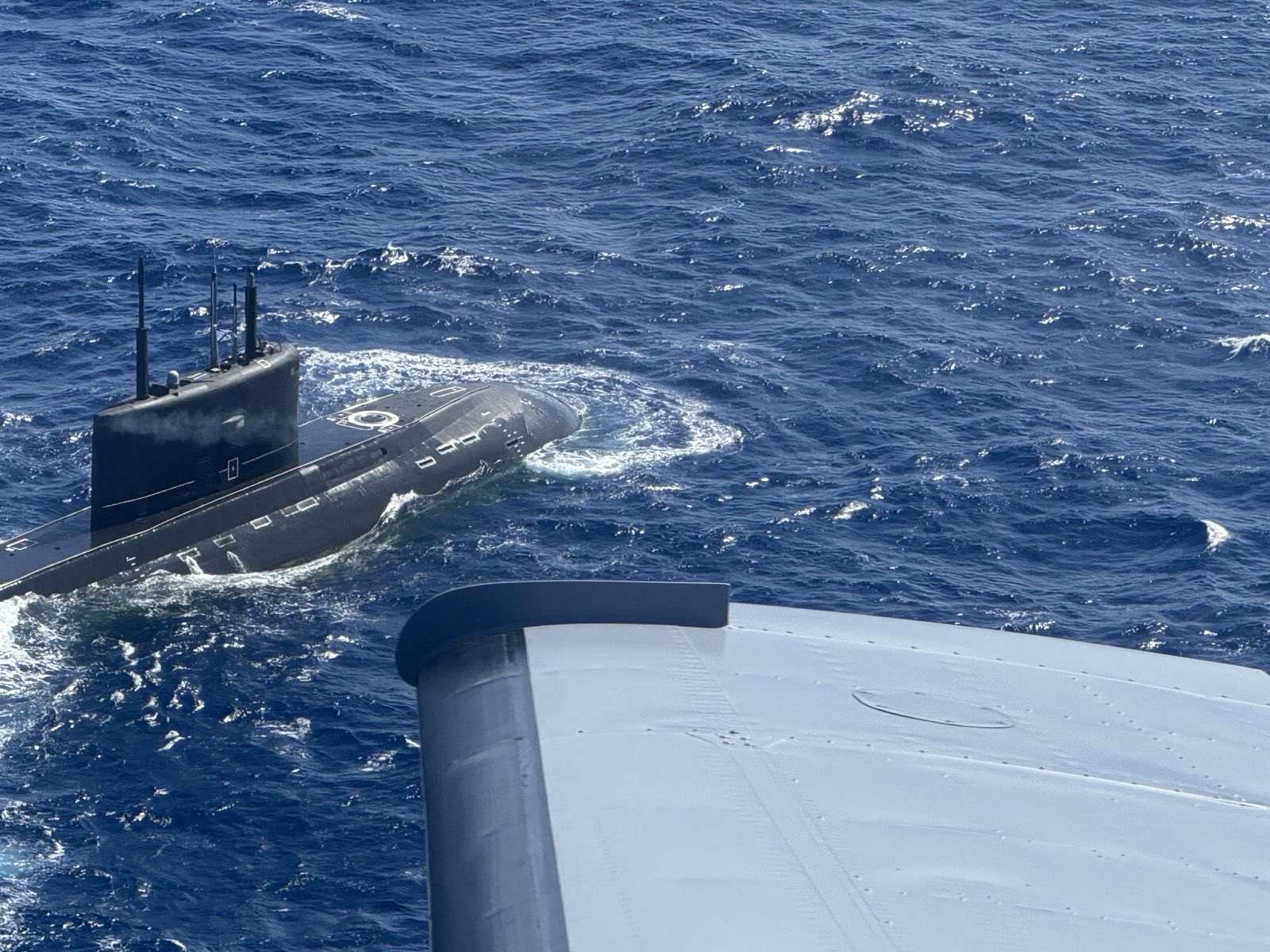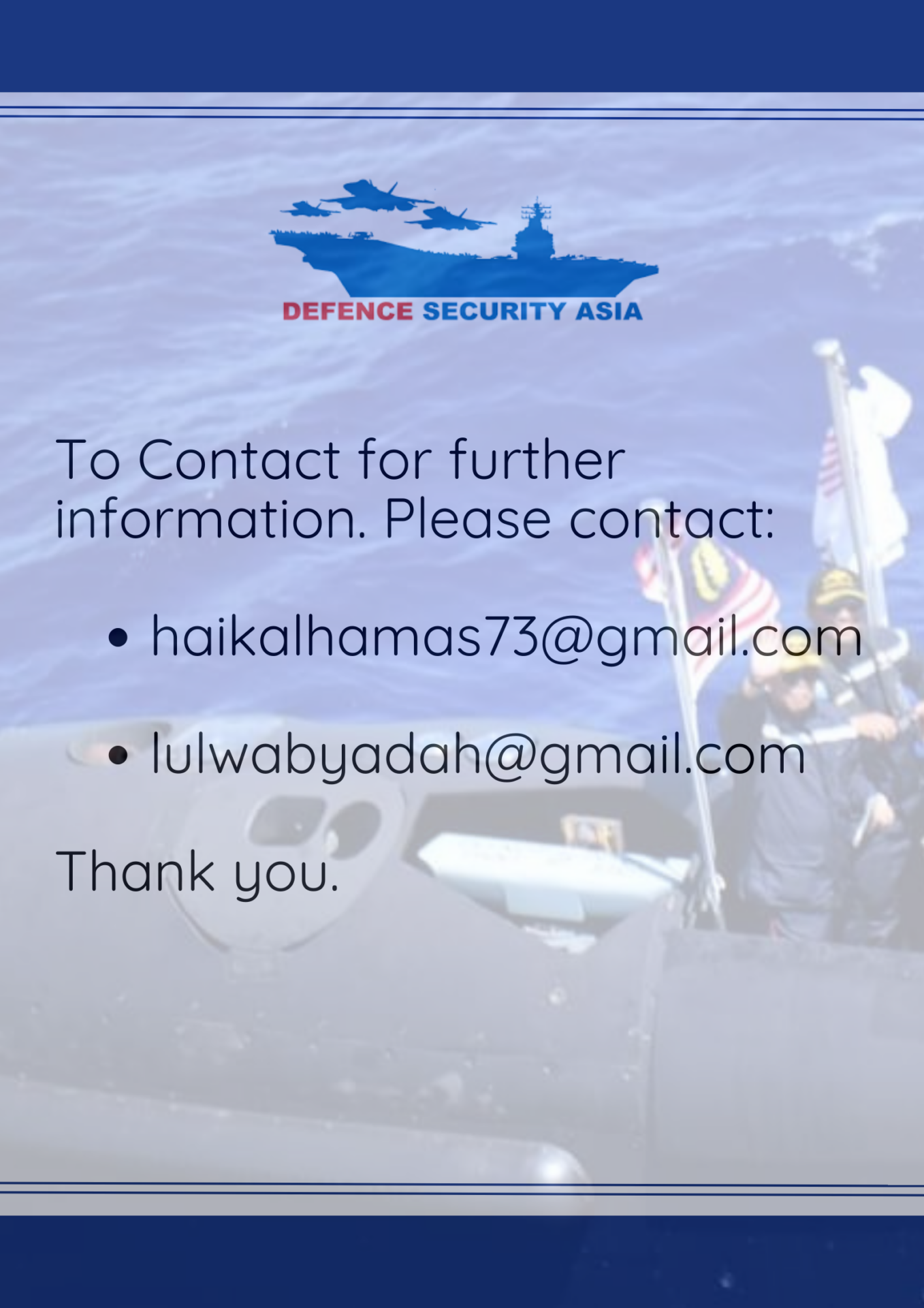Philippine Navy Plans to Enhance Capabilities to Detect Foreign Submarines
Philippine Navy spokesperson Rear Admiral Roy Vincent Trinidad stated that the Armed Forces of the Philippines (AFP) is planning to acquire a sophisticated undersea warfare system to address the issue of submarine intrusions.
(DEFENCE SECURITY ASIA) – Following the recent detection of a Russian submarine in its Exclusive Economic Zone (EEZ), the Philippines plans to enhance its undersea warfare capabilities including procuring more warships with Anti-Submarine Warfare (ASW) capabilities to detect foreign submarines entering its waters.
Philippine Navy spokesperson Rear Admiral Roy Vincent Trinidad stated that the Armed Forces of the Philippines (AFP) is planning to acquire a sophisticated undersea warfare system to address the issue of submarine intrusions.
“The primary program is to develop the AFP’s capability for undersea warfare,” he said.
“We have submitted proposals for two more corvettes or possibly two more frigates.”
“This need was identified by the Philippines years ago. That’s why our Re-Horizon 3 plan includes more corvettes, additional ships, and other anti-submarine warfare capabilities,” he explained.
In January this year, President Ferdinand Marcos Jr. approved “Re-Horizon 3,” a revised defense program with a budget of $35 billion, signifying a shift in Manila’s approach to national security.

Currently, according to Trinidad, the Philippine Navy monitors foreign submarine incursions using AW 159 helicopters equipped with integrated avionics and mission systems.
At present, according to Trinidad, the Philippine Navy monitors intrusions by foreign submarines using AW159 helicopters equipped with integrated avionics and mission systems.
Armed Forces of the Philippines (AFP) Chief General Romeo Brawner Jr. confirmed that the procurement of diesel-electric submarines is part of the military modernization program.
This follows the detection of a Russian submarine near Mindoro waters on November 28.
In a rare recent incident, a Russian attack submarine was observed “surfacing” in the western South China Sea near the Philippines, an area Manila refers to as the West Philippine Sea.
Sources told the Philippine Daily Inquirer that the Russian attack submarine was sighted sailing on the surface last week. One source identified the vessel as the Ufa, a Kilo-II class diesel-electric submarine.

The submarine was first detected on November 28, approximately 148 kilometers (80 nautical miles) west of Occidental Mindoro, and was reportedly en route from Malaysia.
According to Philippine media, the Philippine Navy responded promptly, deploying a reconnaissance aircraft and a warship to track the Russian submarine as it sailed on the surface of the water.
Throughout its voyage, the submarine did not submerge while heading northward in the South China Sea, outside Philippine waters.
The diesel-electric submarine was closely monitored by the Philippine Navy’s warship, BRP Jose Rizal.
Accompanied by the Russian naval tug Alatau, the submarine was spotted operating in the South China Sea after stopping at the Royal Malaysian Navy base in Kota Kinabalu on November 23.
Prior to that, the Russian submarine had participated in joint exercises with the Indonesian Navy.
The Ufa is believed to have been en route back to its home base at the Russian Navy’s Pacific Fleet headquarters in Kamchatka, in the Russian Far East.

The Ufa is one of six Project 636.3 attack submarines commissioned by Russia, with the latest submarine entering service late last year.
These submarines were transferred from operations in the Baltic Sea to the Pacific Ocean.
The improved Kilo-class diesel-electric submarine features significant upgrades, including advanced stealth and modernized capabilities.
Russia had signed a deal with Admiralty Shipyard to construct six Project 636.3 submarines, the first of which entered service in 2019.
The Ufa is reportedly among the quietest attack submarines in Russia’s fleet, often referred to as the “Black Hole” for its exceptional stealth characteristics.
“The deployment of the Ufa diesel-electric attack submarine to the Asia-Pacific is highly significant, as the region has become a focal point of confrontation between global powers, particularly China and the United States,” reported Russian news agency Izvestia. — DSA


